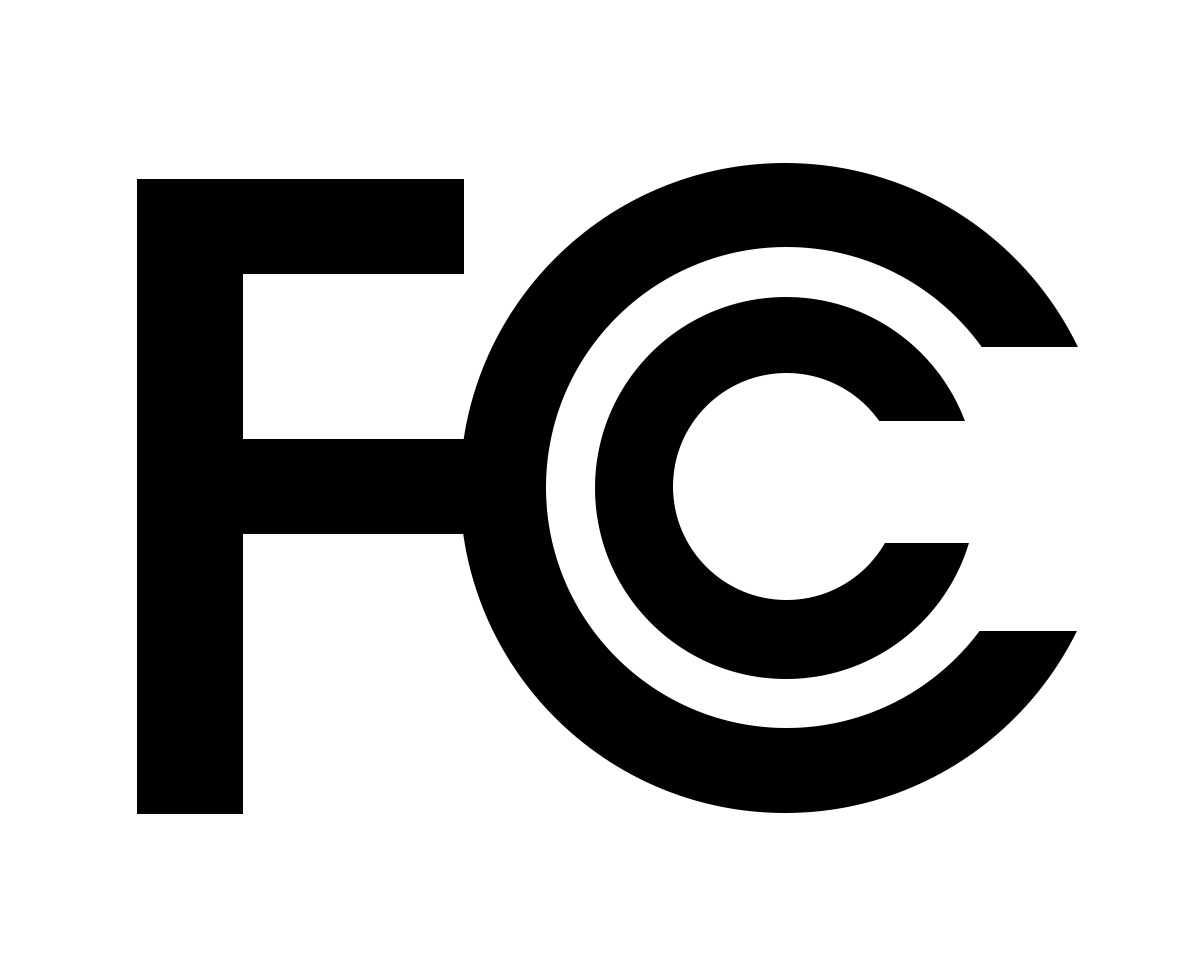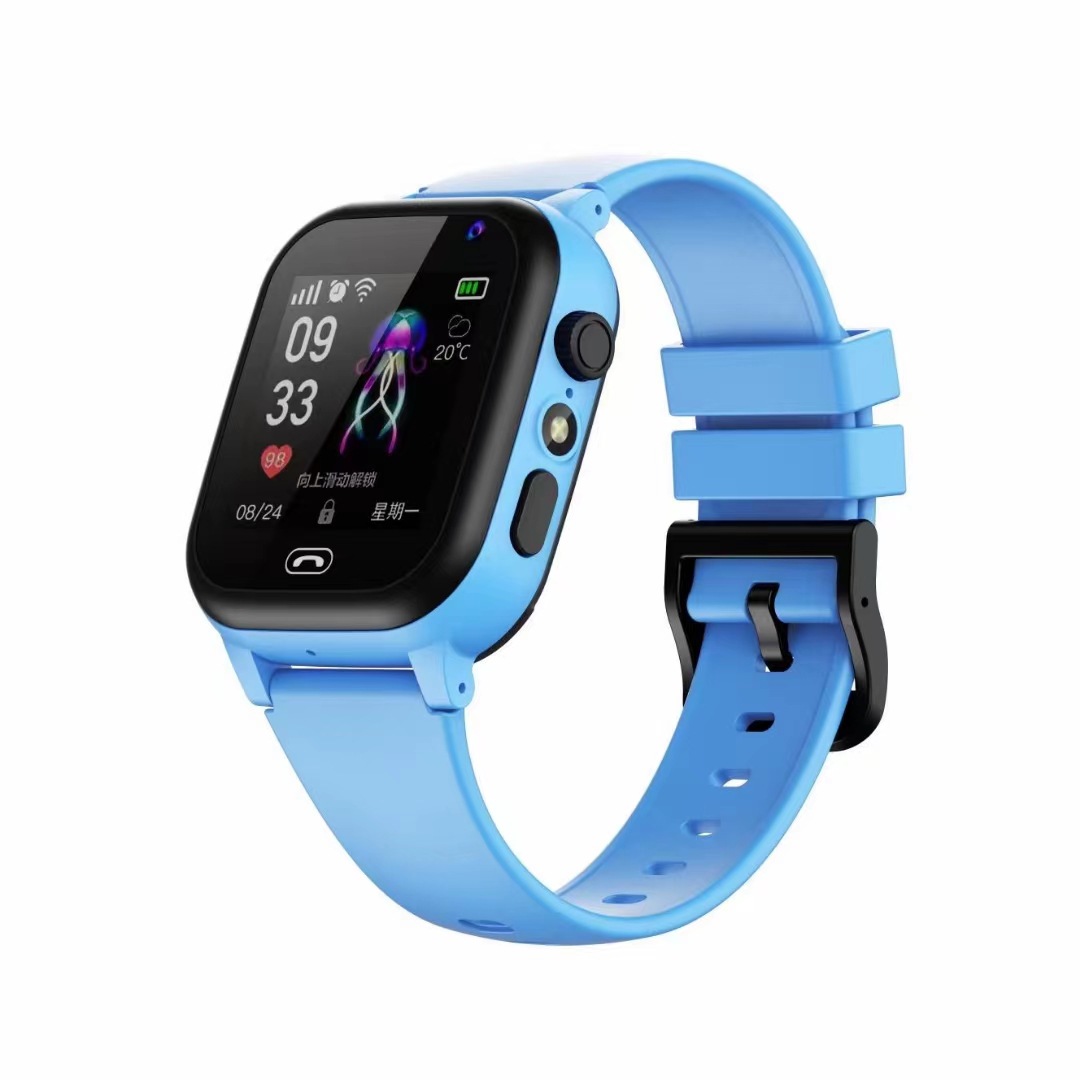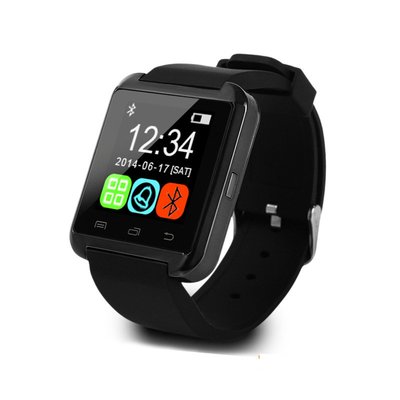<small id="wg64m"></small> 
Certification Introduction
FCC stands for Federal Communications Commission, which is the Federal Communications Commission in Chinese. It was established by COMMUNICATIONACT in 1934 and is an independent agency of the US government, directly responsible to Congress. FCC coordinates domestic and international communications by controlling radio broadcasting, television, telecommunications, satellites and cables. Involving more than 50 states, Columbia and the United States, the Engineering and Technology Department of FCC is responsible for the technical support of the Commission and is also responsible for equipment approval. Many radio application products, communication products and digital products require FCC approval to enter the US market.

FCC certification type
FCC certification is a mandatory certification under the jurisdiction of the Federal Communications Commission of the United States, which is used to ensure the safety and compliance of electronic products. FCC has two certification modes for different products, namely: FCC SDoC certification for ordinary products and FCC ID certification for wireless products.
FCC ID certification is mainly for products with wireless transmission functions, such as Bluetooth headsets, Bluetooth speakers, wireless routers, mobile phones, tablets and other wireless devices. These products need to pass strict third-party testing and obtain an independent FCC ID number before they can be put on the market.
FCC SDoC certification has a wider scope of application, including all non-wireless electronic products, such as power adapters, desktop computers, monitors, printers, lighting equipment, etc. Products need to pass strict third-party testing and reports, and then self-declare that the products comply with FCC regulations.
1. Wi-Fi equipment: Comply with FCC Part 15C standard.
2. Bluetooth equipment: Comply with FCC Part 15C standard.
3. Radio walkie-talkies: Comply with FCC Part 90 standard.
4. Wireless microphones: Comply with FCC Part 15C or FCC Part 74 standards.
In IT equipment, whether it is computer and computer peripheral products; data storage equipment products; or network equipment products, if you want to successfully apply for FCC certification, you must comply with FCC Part 15B standard. This standard not only ensures that the device does not interfere with other devices during operation, but also ensures its stability and security in data transmission and network connection.
1. Household appliances: comply with FCC Part 15B standard or FCC Part 18 standard.
2. Power adapter: comply with FCC Part 15B standard.
3. Battery charger: comply with FCC Part 15B standard.
1. User Manual;
2. Schematics;
3. Block Diagram;
4. Circuit Description;
5. Antenna Report (only required for high-end devices such as mobile phones and walkie-talkies);
6. PCB Layout;
7. Parts List (only required for high-end devices such as mobile phones and walkie-talkies).
1. After the enterprise determines the demand, fill in the test entrustment application form.
2. Sign a contract with the testing and certification agency and pay the commission fee.
3. The company mails samples to the certification agency, and the laboratory receives the samples and opens a case.
4. The laboratory tests the product and issues a true test report to the customer for confirmation;
5. After confirmation, if it is FCC SDoC certification, the certification agency directly issues a certificate and report. If it is FCC ID certification, the certification agency will submit the application materials to the FCC authorized certification agency.
6. After the company obtains FCC certification, it can use the FCC logo on the product.


KC certification is a mandatory certification system implemented in South Korea for electronic and electrical products, aimed at ensuring that products comply with South Korea\'s safety and electromagnetic compatibility standards. The Korean market has strict quality control over imported goods, and smart rings, as electronic products, must pass KC certification in order to be legally sold in the Korean market.
CE-RED certification is a mandatory compliance requirement of the European Union for wireless devices. For smartwatches with wireless functions such as Bluetooth and Wi Fi, its importance is mainly reflected in the following three aspects.

The Brazilian market has enormous potential, but in order to successfully enter, ANATEL certification is an essential first step. As an authoritative standard certified by the Brazilian Communications Authority, ANATEL certification is not only a guarantee of product quality, but also a legal entry threshold into the Brazilian market.
The full name of the FCC is the Federal Communications Commission, and the Chinese is the US Federal Communications Commission. Established by COMMUNICATIONACT in 1934, it is an independent agency of the US government and is directly responsible to Congress. The FCC coordinates domestic and international communications by controlling radio, television, telecommunications, satellites and cables.
Get a quote